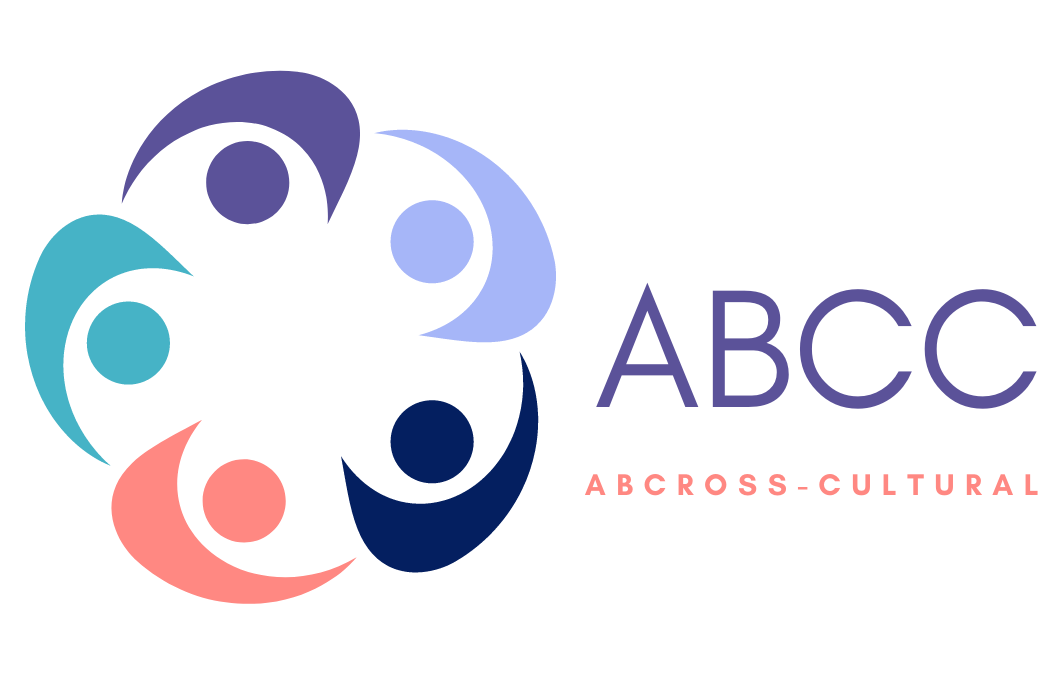Checklist of Must-Have Skills for the 21st Century
Here are examples of Soft Skills to put on your CV:
Communication Skills
Communication skills are critical in almost any industry, but especially in sales, management, and human resources positions.
- Confidence
- Public speaking
- Presentation skills
- Mutual respect
- Empathy
- Active listening
- Verbal communication
- Non-verbal communication
- Written communication
- Giving and receiving constructive feedback
- Friendliness
- Storytelling
Interpersonal Skills
Interpersonal skills indicate how well you will get along with others within the company as well as clients or customers.
- Humor
- Mentoring
- Networking
- Patience
- Tolerance
- Diplomacy
- Collaboration
- Sensitivity
- Empathy
- Emotional intelligence
- Relationship building
- Mediation
Teamwork Skills
The ability to work on a team is extremely important for many industries and is indicative that you will be a pleasure to work with and a valuable addition to a team setting.
- Active listening
- Collaboration
- Cooperation
- Coordination
- Exchanging ideas
- Mediation
- Negotiation
- Delegation
- Conflict management
- Influencing
- Building rapport
- Respectfulness
Leadership Skills
Leadership skills are essential for high-level positions, and they can help you get promoted quickly within a company or be given more responsibility.
- Project management
- Management skills
- Generosity
- Trust
- Mentorship
- Cultural knowledge
- Empathy
- Humility
- Authenticity
- Ability to motivate a team
- Hiring skills
- Training ability
Critical Thinking Skills
Critical thinking skills mean you can not only collect data, but you will know what to do with that information. Critical thinking skills are valuable in a wide variety of industries and positions.
- Analysis
- Evaluation
- Extrapolation
- Explanation
- Inference
- Interpretation
Work Ethic
Having a strong work ethic is always desirable in a job applicant. Some examples of work ethic skills include:
- Responsibility
- Discipline
- Integrity
- Dependability
- Commitment
- Self-motivation
- Professionalism
- Assertiveness
Adaptability Skills
The ability to adapt is critical in fast-paced work environments where things change quickly.
- Self-management
- Self-confidence
- Self-motivation
- Calmness
- Open-mindedness
- Organization
- Optimism
- Decision making
- Ability to pivot and adapt quickly
- Quick thinking
- Versatility
- Fast learner
Problem-Solving Skills
Employers will be pleased to know that if a problem arises in the workplace, you are equipped to handle it by finding and implementing a solution.
- Logic
- Reasoning
- Lateral thinking
- Analysis
- Observation
- Persuasion
- Brainstorming
- Decision making
- Persistence
- Initiative
- Introspection
- Troubleshooting
- Solution-finding
- Innovation
Creativity Skills
While creativity skills are of course most important in creative fields, they can be useful in almost any industry.
- Inspiration
- Imagination
- Reframing abilities
- Mind mapping
- Innovation
- Insight
- Experimentation
- Questioning
- Design
Time Management Skills
Effective time management ensures that tasks will be completed on schedule and company time won’t be squandered.
- Goal setting
- Prioritization
- Self-starting abilities
- Planning
- Scheduling
- Stress management
- Organization
- Delegation
- Focus
- Multitasking
- Resource management
- Managing calendars/appointments
- Meeting deadlines
- Efficiency
